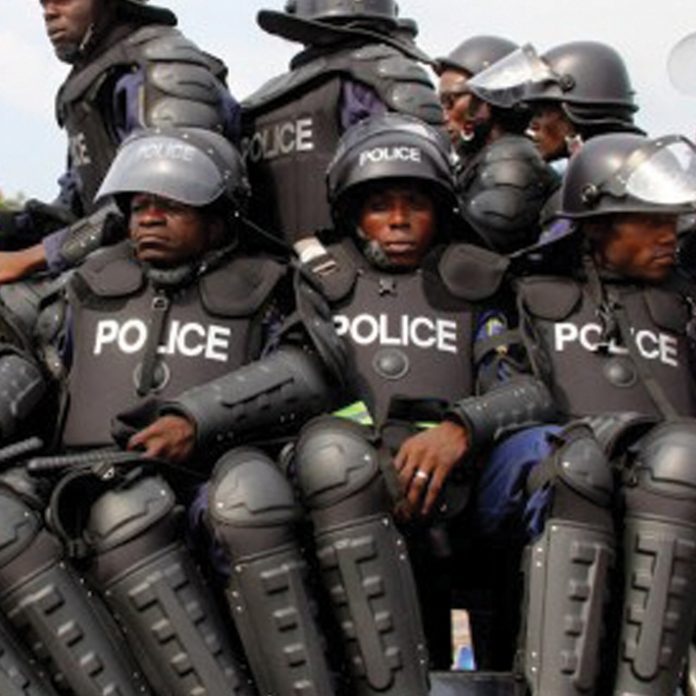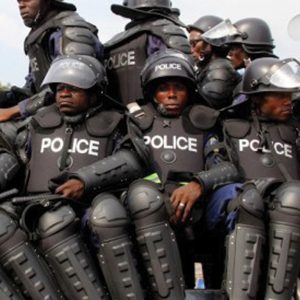Police
Last week it was reported that about 35 governors supported the institution of state police. Before then, about some months ago, an emergency meeting was held between President Tinubu and the 36 state governors in Abuja to address the economic and security challenges in the country.
This followed the cost of living and insecurity protests in some parts of the country. One of the issues suggested to tackle insecurity is the need for state police.
NATIONAL WAVES agrees with their position and, had for several years, called for it as a panacea to end insecurity.
In recent weeks, bandits and kidnappers had invaded Abuja, the Federal Capital City, to ply their nefarious trade.
The rate of daily kidnapping in the city was so embarrassing that Nigerians in one accord rose up to challenge the government to do something to safeguard life and property.
Across the country, but especially in the north central and north west regions, reports of killings and mass kidnappings are daily. It would be hugely understating the fact and present reality that the security agencies have failed to curb this scourge, and it is only human and wise to consider any other option to fight this debilitating menace. Part of the economic problems, such as food supply, and huge debt, facing the country today have their root in insecurity.
In our estimation, state police outfit is the only solution to the crisis, although it has very deep and far reaching implications for our federal system. The only pretext on which to oppose state police is politics. Every constitutional amendment since 1999 has had state police as one of the proposals, but was always shut down on the altar of politics.
In the last one under former president Buhari, the proposal actually passed in the National Assembly, in spite of his opposition, but the proposal was ingeniously linked with local government autonomy, which Buhari wanted, but opposed by state governors. It is important to take very sensitive issues, such as state police, as single item amendment to avoid the politics that has plagued the process.
For whatever reason, President Tinubu has given top security positions to competent Northerners, such as defence ministers, NSA, Chief of Defence staff, DG DSS, DG NIA etc, to the north, which sadly, is the worst hit in this security problem. Yet, he is the commander in chief of the armed forces, and would be personally responsible for the success or failure of the government. We must accept the fact that there is an irredentist agenda behind the security threat and only a strong response from those under threat (local people) would stem it.
All around the north central, local communities are being displaced from their ancestral land by armed militias, and their places occupied by invaders.
State police commends itself very highly to the security issue in Nigeria. The country is too large for a single level policing system, especially in the north, where we have large swathes of ungoverned spaces that provide breeding grounds for bandits and terrorists.
Furthermore, Nigeria is the only federal system in the world with a centralized police, which has proved inadequate and unworkable. Nigeria is simply trying to reinvent the wheel and has refused to do what works elsewhere.
State and local police had been practiced before in this country. Although it had abuses, we are better positioned today to deal with such abuses. With a population of over 200 million, and a police of 374,800, a third of it deployed for personal duties, Nigeria is highly under-policed. State police will push the number to above half a million police force, translating to one police officer per 532 people, which is close to the UN threshold of 430.
Another argument against it is funding by states that cannot pay minimum wage. The point is that the revenue allocation formula is skewed in favour of the federal government to suit the centralized system. This would be addressed to take care of the added responsibility to state. Also the constitution will create an avenue to address perceived lapses in the security architecture. For us, the only way to go is state police.


